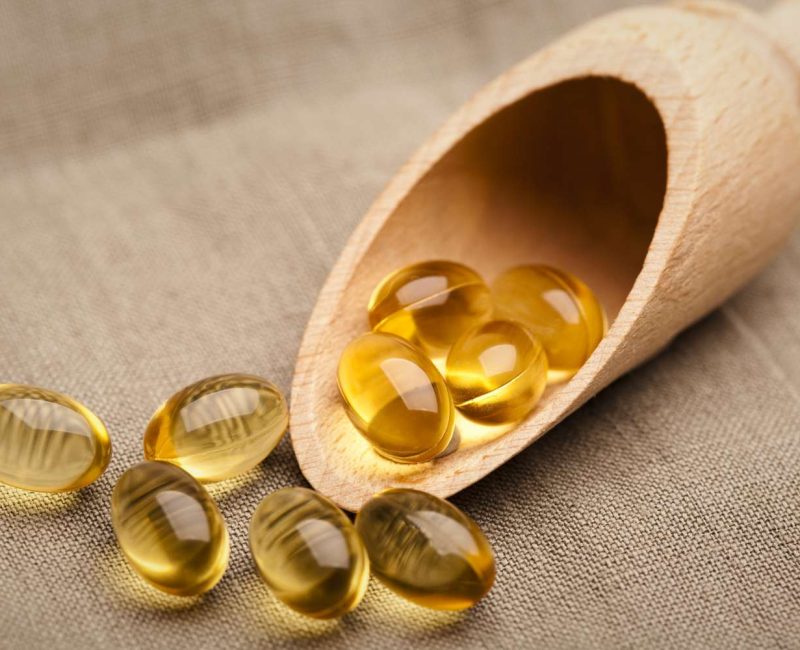I previously wrote about the health dangers of consuming polyunsaturated fatty acids (PUFAs), also known as vegetable oils, in August of 2021. Read the article here. The best course of action is not to consume polyunsaturated fats, such as soy, corn, cottonseed, canola, and peanut oils. It is reported that it takes more than two years to detoxify the harmful excess polyunsaturated fats from your tissues. How do these polyunsaturated fats break down healthy tissue? By depleting them of vitamin E. PUFAs create a vitamin E deficiency.
Vitamin E is a suppressed vitamin, due to a negative report over a decade ago, but is vital in protecting against the damages caused by polyunsaturated fats. The primary reason to supplement with vitamin E is that it increases the conversion of linoleic acid found in omega-6 fats into saturated fat. To learn more about the harmful effects of linoleic acid, read here. Vitamin E will also reduce lipid peroxidation which is when free radicals damage fatty or oily compounds in the body.
Discovered in 1922, vitamin E is a major fat-soluble vitamin that is required for vital health. Over 600 studies support the benefits of vitamin E. Some of the many potential benefits of vitamin E are it protects from calcification and from iron overload, brings oxygen to the tissues, lowers inflammation, protects the skin from ultraviolet sun damage, improves circulation, opposes all negative effects of estrogen, decreases vitamin A burn rate and improves mitochondrial respiration. Vitamin E may help prevent heart disease, infertility, muscular dystrophy, and mental retardation. Doses up to 3000 IU a day have been used to improve eye conditions.
It is imperative to choose a natural vitamin E supplement, not a synthetic one. Start with a dose of 200 IU or less daily, as initially, vitamin E can raise blood pressure in some individuals. If no adverse reaction, increase the dose to 400 IU to 800 IU or higher. In the long term, vitamin E may lower blood pressure. Be sure to choose a mixed tocopherol vitamin E supplement. For superior results, take with tocotrienols which are part of the vitamin E complex. Ask a Natural Living associate if you are unsure of the difference between natural and synthetic vitamin E or to assist in selecting the best vitamin E supplement. Please email me with any questions at rickATgeorgetownmarket.com. Click here for the audio version.
{DISCLAIMER: The information provided has not been evaluated by the FDA and is not intended to treat, diagnose, cure, or prevent any disease. It is not a substitute for the advice of a qualified healthcare practitioner.}



